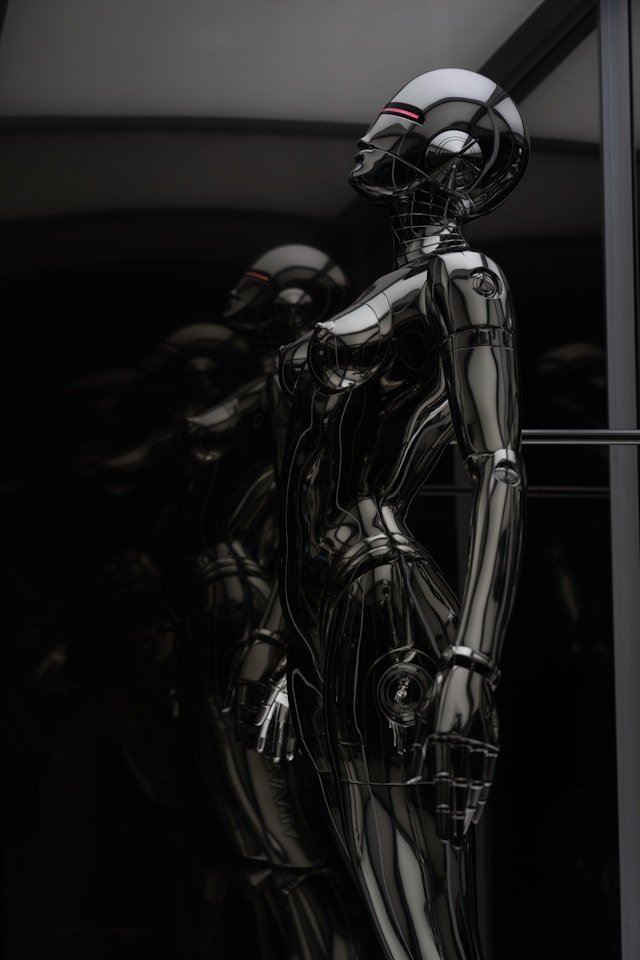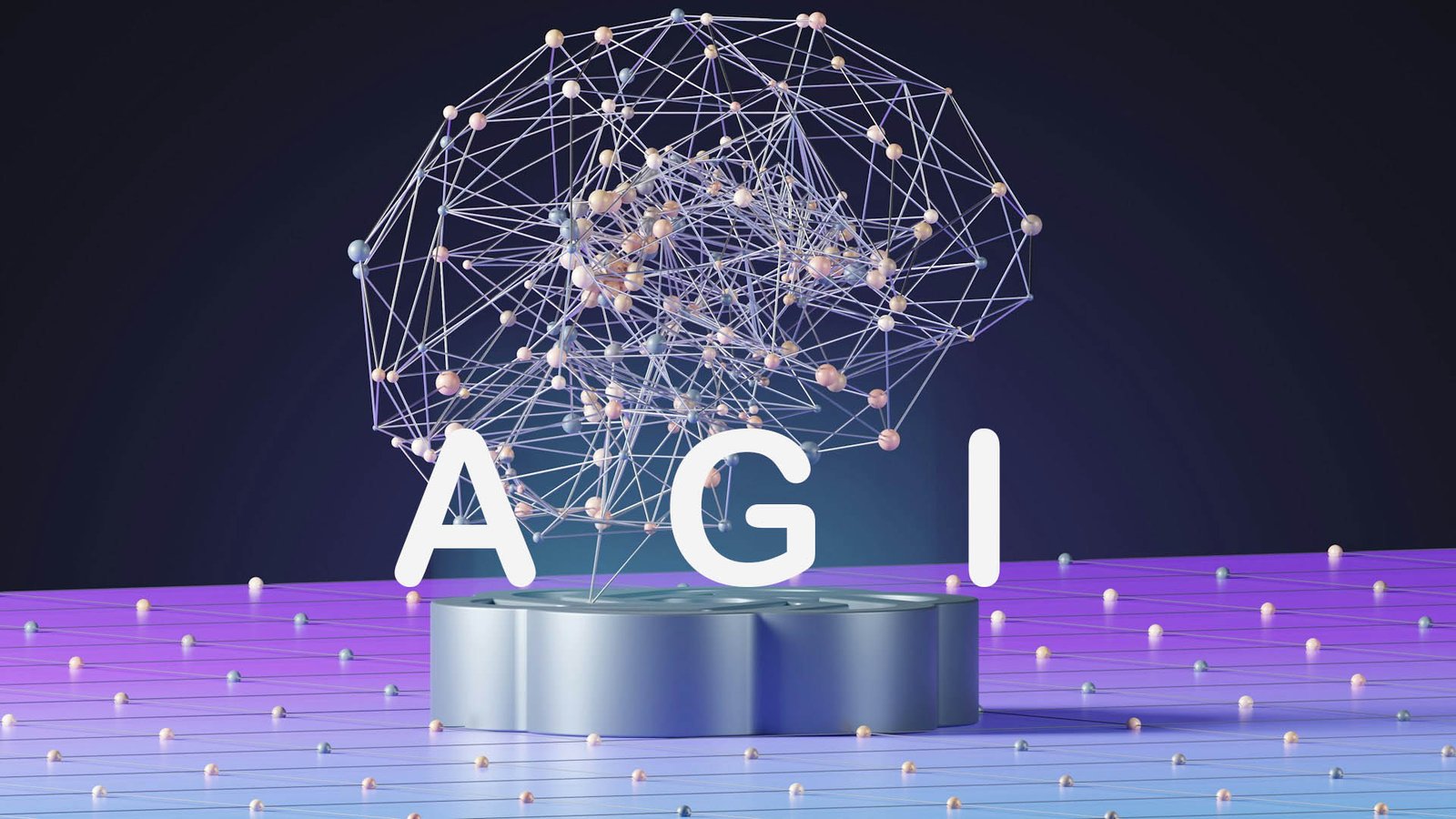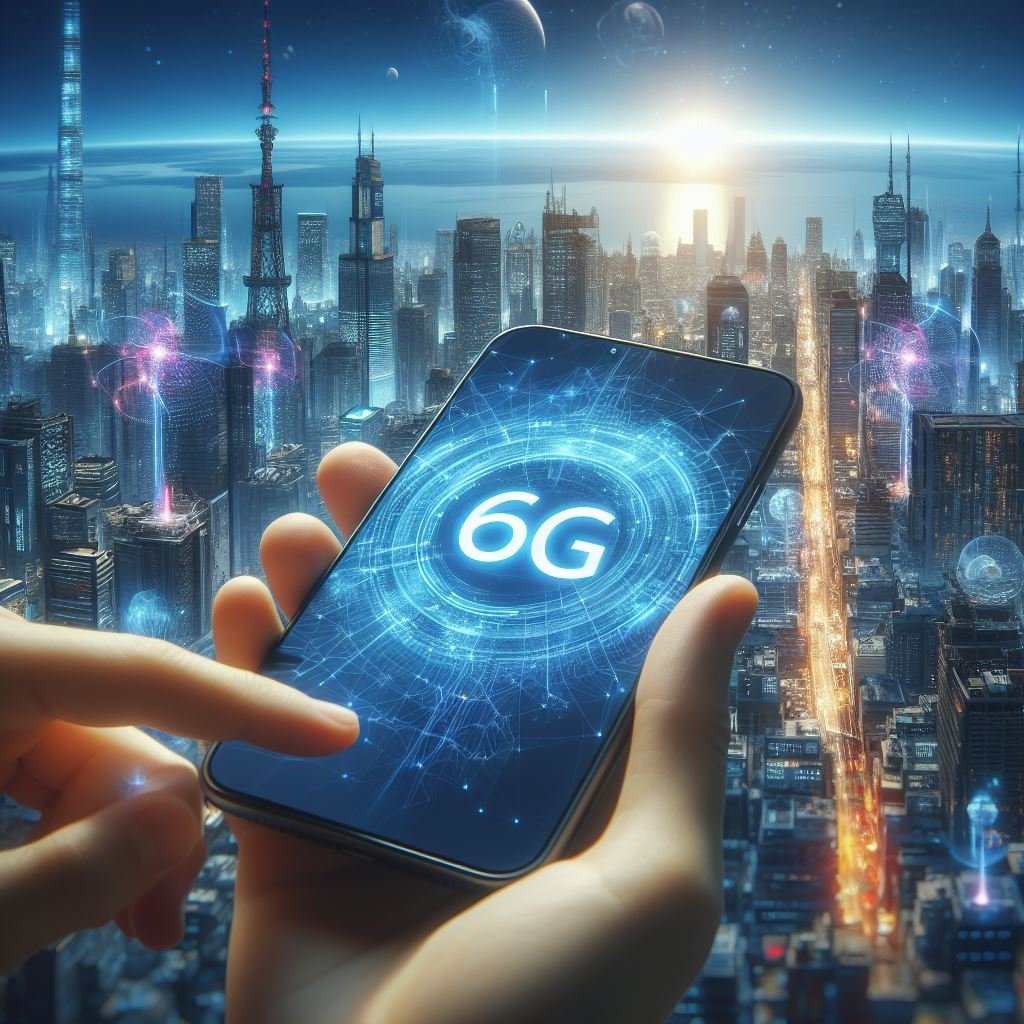AGI (Artificial General Intelligence) is the next level of artificial intelligence development. Its abilities will be stronger than what we’re used to; they’ll be almost on par with humans. It will even be able to compete in hard skills with professionals. Currently, it only exists in the form of prototypes, but experts anticipate the emergence of AGI within this decade.
How AGI Differs from Conventional AI
Remember the digital assistant J.A.R.V.I.S. from Iron Man? He manages all the internal systems of Stark buildings and the Iron Man suit. J.A.R.V.I.S. can plot routes, assess enemies, evaluate the likelihood of victory in battle, provide advice, and engage in meaningful dialogue.
In simple terms, J.A.R.V.I.S. from the Marvel universe is a prototype of AGI.
A Universal AI will be able to perform mental tasks at the level of a human. It is assumed that AGI will work across a wide range of tasks, be able to draw conclusions, and navigate within the context of what is happening.
In broad terms, AGI should become a second brain and a conversationalist that is always at hand.
Here’s how AGI fits into the hierarchy of artificial intelligence systems:
Artificial Narrow Intelligence (ANI) – solves one task, specializes in one area (the familiar AI to us).
Artificial General Intelligence (AGI) – solves many diverse tasks that a human can.
Artificial Superintelligence (ASI) – a supermind capable of surpassing even human intelligence.
Currently, AI systems can be found that perform narrow tasks: generation, recognition, translation from one language to another, image creation, text processing, and others. For example, ChatGPT, Midjourney, and other neural networks.
In contrast to them, an ideal AGI should possess the flexibility and adaptability inherent only to the human brain. AGI will be able to solve tasks without human intervention.

Criteria for AGI:
- Constantly learns new things: explores new patterns, objects, and learns to classify them correctly.
- Able to prioritize: focuses only on key information.
- Learns in various ways: independently, under guidance, through research.
- Has good memory: instantly utilizes accumulated knowledge in any situation.
- Keeps relevant information in mind to understand the current context.
- Constantly updates its knowledge and skills as new information emerges.
Universal AI, thanks to these properties, should learn to think and act independently like a real human. AGI in the future should learn to control machinery, manage financial accounts, read, play, and interact with people.
Tests for AGI:
To determine whether we are dealing with true AGI, scientists have devised a series of tests.
Some, for example, suggest evaluating the level of AI by assembling IKEA furniture. If artificial intelligence can complete the task using only the provided instructions, then it is undoubtedly AGI.
Co-founder of Apple, Steve Wozniak, in turn, developed the “coffee test.” If AI can make coffee and serve it to someone visiting the kitchen for the first time, then the AI possesses the necessary intelligence at the AGI level.
But it is not necessary to resort to such tricks to check whether AI is genuine AGI. It is enough to understand whether the AI meets the following criteria and answers questions such as:
“What is this?” – AGI can recognize images and objects, even if they are slightly distorted;
“What type of thing is this?” – determines which type or category the object belongs to;
“What comes next?” – guesses what will happen next, based on the information already known.
When Will AGI Arrive
There are already the first real prototypes:
BabyAGI – a Python script that can be considered an example of an AI-based task management system. This system uses OpenAI and Pinecone API to create, prioritize, and execute tasks;
SuperAGI framework – the first open-source platform for autonomous AI agents. It allows developers to create, manage, and deploy useful autonomous agents – AI-based programs to solve tasks, where the user sets goals, and the system determines priorities and arranges subtasks.
But these are just individual pieces of the universal AI puzzle. “Research in AI is entering a period of exponential growth. Data indicates that Artificial General Intelligence (AGI), where AI becomes as capable as humans in multiple domains, regardless of initial training data, is within reach. This hypothetical point in AI development is known as the ‘singularity,'” noted Ben Goertzel, a computer scientist and CEO of SingularityNET.
Goertzel is known as the “father of AGI.” It was he who helped popularize this term in the early 2000s. According to him, humanity will create the first AGI agent by 2029 or 2030. But this could happen as early as 2027.
“AGI could hit its peak within five years,” noted Jensen Huang, CEO of Nvidia, the world’s leading AI chip manufacturer, in early 2023.


















